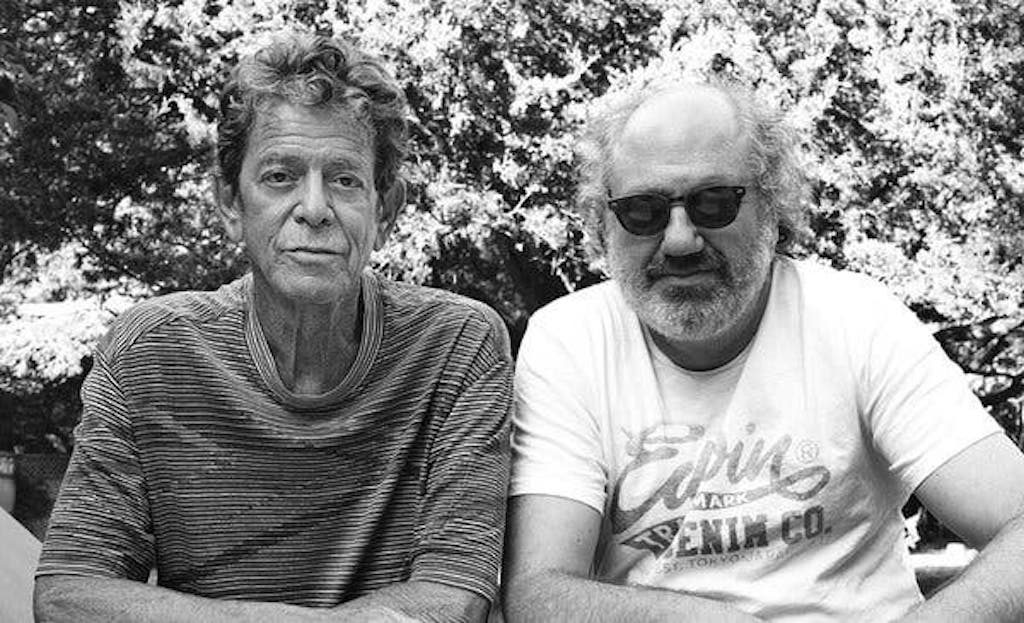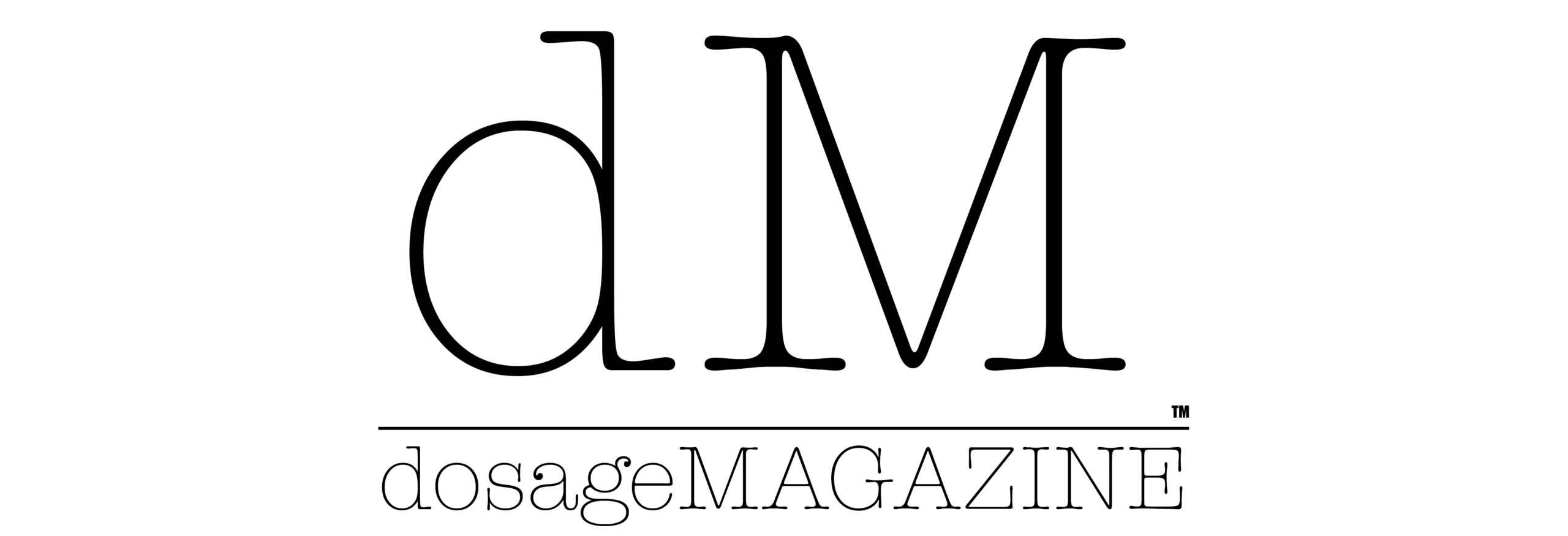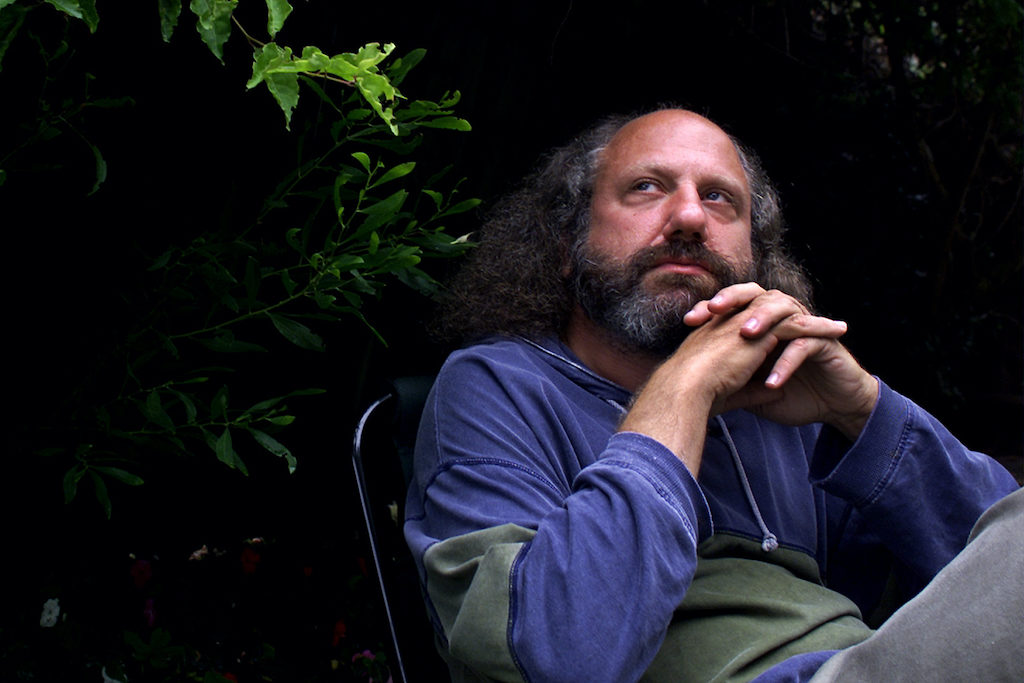Let’s do this without being maudlin. I don’t need to remind you that every that COVID-19 moves forward, mankind moves backward, as so many people you know and love (or don’t know, but appreciate) are stricken, then taken.
Yesterday, April 7, was rough.
John Prine, a singing-songwriting giant, and a favorite of Philadelphia Folk Festival/Main Point in Ardmore habitués died last night after being hospitalized for weeks with coronavirus.
More surprisingly though, was the death of Hal Wilner, the offbeat Lower Merion-born Northeast Philadelphia and Bala Cynwyd dwelling album producer known for creating the full-length album artist salutes genre with radically diverse musicians. These included “Amarcord Nino Rota” in 1981, “That’s The Way I Feel Now: A Tribute to Thelonious Monk” in 1984, “Lost in the Stars: The Music of Kurt Weill” in 1985, “Stay Awake: Various Interpretations of Music from Vintage Disney Films” in 1988, “Weird Nightmare: Meditations on Mingus” in 1992, and the pirate-themed “Rogues Gallery” in 2006. The singers and players that took part in these albums included a lot as eccentric and eclectic as was Wilner’s taste levels – Deborah Harry, Lou Reed, Tom Waits, Wynton, and Bradford Marsalis, John Zorn, Elvis Costello, Henry Rollins, Dr. John, Leonard Cohen, and Chuck D.
Along with his association with “Saturday Night Live,” as its sketch music producer since 1980, Willner was the music coordinator on the short-lived Lorne Michael executive-produced “Sunday Night” (also known as “Night Music”) that was, essentially, the video equivalent of those aforementioned albums. Essentially Wilner made odd pairings, pushed and fused artists to collaborate on the spot and watched what incendiary music came out of the flames.

Wilner brought that same warm, holy goofball fervor to productions for “Let Me Hang You,” “Dead City Radio,” and “Spare Ass Annie and Other Tales,” – all from author William S. Burroughs. He stitched together several collections of Beat Gen giant Allen Ginsberg and comic avatar Lenny Bruce’s recorded works from the late 50s and 60s. He produced albums for Marianne Faithfull (also diagnosed with COVID-19), Lucinda Williams, Laurie Anderson, and Lou Reed, the latter of whom made Wilner his producer of choice.
Plus his dad owned Hymie’s Deli in Merion and Wilner was mentored by another local giant, producer/label owner Joel Dorn of Upper Darby, all things that would come up in conversation if you spoke to Wilner long enough.
If you mentioned to Wilner that he was a sort of keeper of the flame when it came to re-making archival performances, recording tribute albums and forging new sonic beds for artists as eccentric as he, and Hal would grumble.
“No, they don’t need me to do anything with their flames,” Wilner once told me in one of many interview conversations and overall life musings. He was just happy to there – as happy as we were to listen.

About Post Author
Discover more from dosage MAGAZINE
Subscribe to get the latest posts sent to your email.

